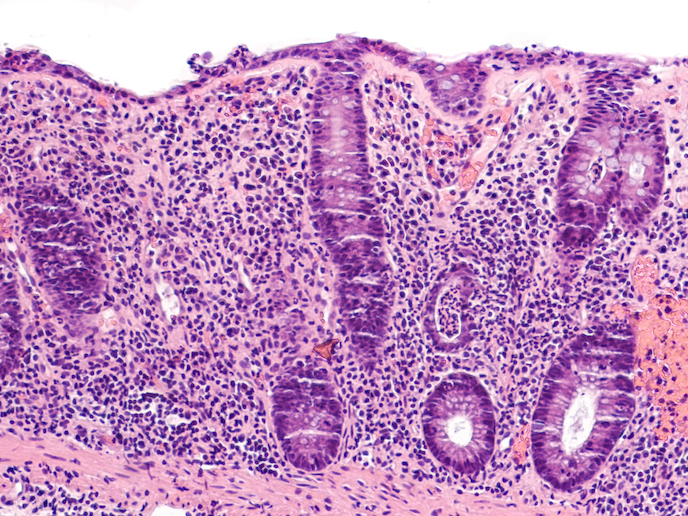Analysing chronic disease health care cost
Inflammatory bowel disease is a chronic non-fatal disease significant in the field of gastroenterology. The IBDT2K project conducted a study aimed at health care in this field with a complete analysis of crucial aspects involved in long-term disease outcome. The work canvassed a broad European patient group able to account for therapeutic, social and environmental changes which occur and are a continual influence on outcomes. This effort exemplifies that regular updating is necessary for all chronic non-fatal conditions which is an important message for the medical community as well as society at large. A significant portion of this study was devoted to an economic analysis of chronic diseases on an international level in order to properly plan and distribute health care resources. The scope extended to the cost of treatment of inflammatory bowel disease as it is a lifetime illness having significant morbidity. Data were obtained from studying over one thousand patients in eight European countries and Israel over the course of ten years. Various important results were obtained from the study. Overall, it was found that medical and surgical hospitalisations combined accounted for the most expensive resources. Furthermore, age at diagnosis and sex did not impinge on costs; rather it was country, diagnosis and follow-up year which increased costs.







